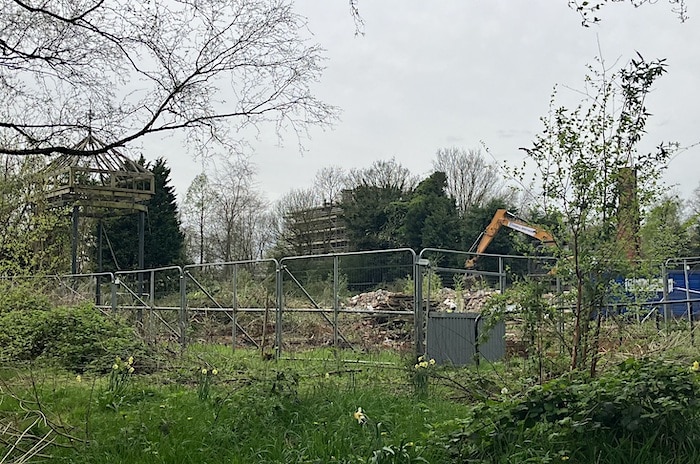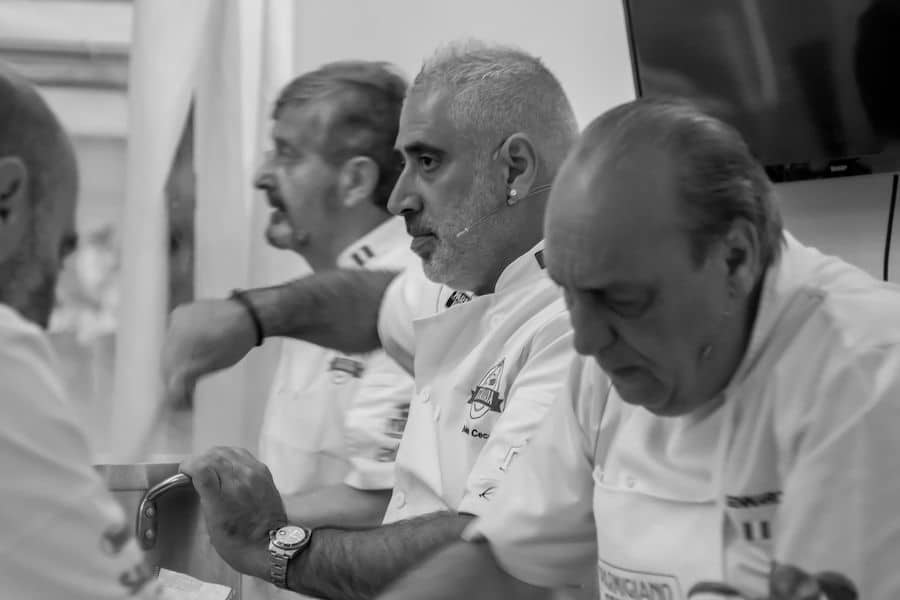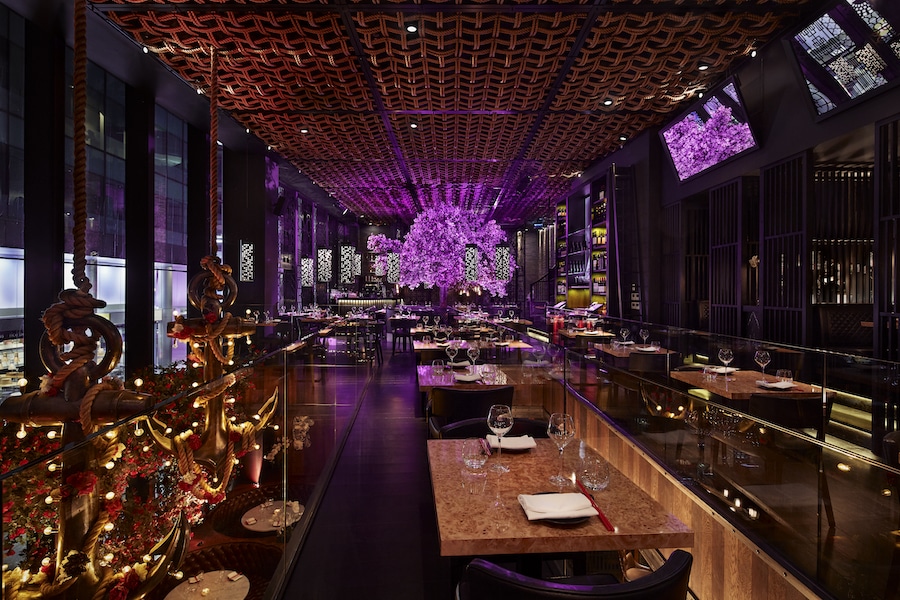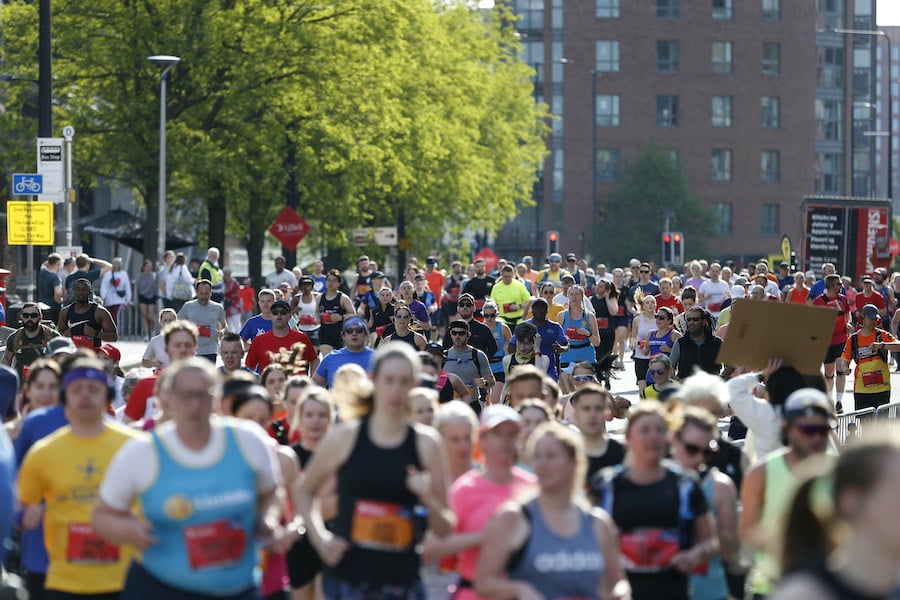Manchester’s pubs are ready for the next thousand years
- Written by Ray King
- Last updated 6 years ago
- City of Manchester
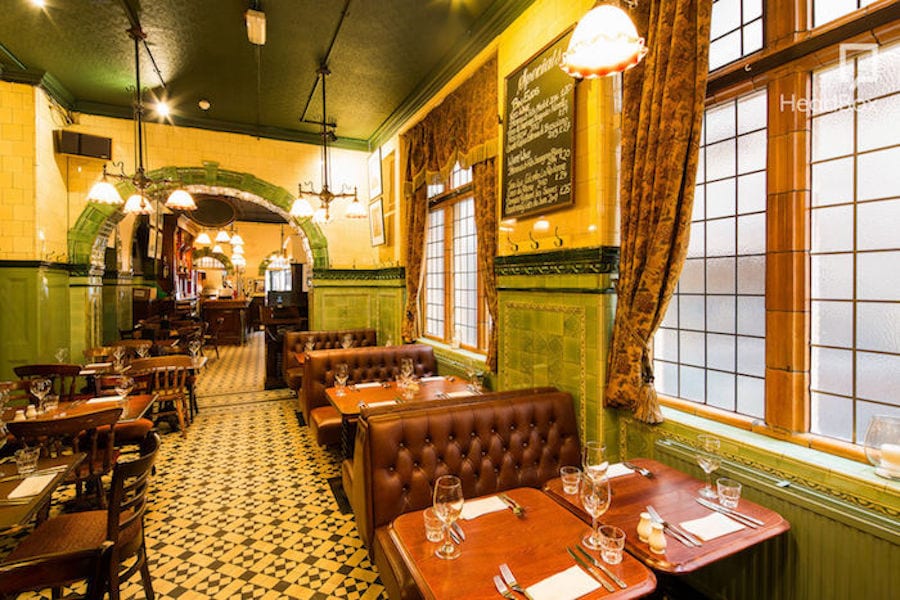
Back in 1973, Chris Hutt, former chairman of the Campaign for Real Ale, wrote the seminal book The Death of the English Pub.
Given the thousands of pubs – town centre taverns, suburban boozers and country inns – that have closed their doors in the 44 years since then, you could be forgiven for thinking that Hutt was something of a prophet of doom.
But the truth is, despite the cull that has undoubtedly taken place, rumours of the traditional pub’s demise have proved to be far too premature.
A pub crawl round Manchester city centre or a rail ale-trail via Metrolink to Altrincham, Bury or Didsbury, for instance, will demonstrate that the best pubs remain in rude health in the 21st Century.
Hutt’s cri-de-coeur apparently stemmed from his student days in Norwich, a city crammed with pubs, only one of which sold cask ale.
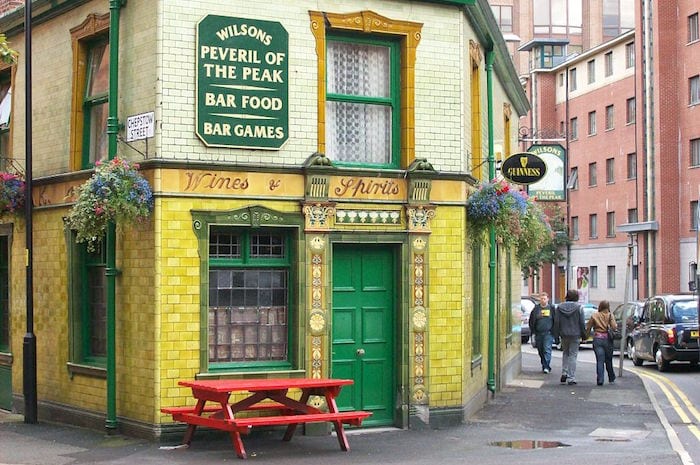
Those were the days when the big brewing companies were less concerned about the quality of the beer in your mug than with taking over smaller breweries for their pub estates, closing them down and substituting local ale with ghastly keg – ‘chemic’ my dad used to call it — manufactured on an industrial scale.
Watney’s Red Barrel anyone? Would a Double Diamond work wonders for you, sir? Something to eat? What about a curled up Mothers Pride ’n’ marge sarnie or a week-old growler?
The keg crisis came and went when the CAMRA bandwagon started rolling big time and a rattled industry started producing real ales again. But the troubles besetting traditional pubs have not completely disappeared. And they have been numerous. Take your pick –
- Whole district populations moved away from the inner suburbs
- The breathalyser killed many country inns
- Rising beer prices
- The smoking ban
- Bosses frowning on the lunchtime pint…even for journalists (where did they think the stories came from?)
- The rise of the cocktail bar culture
In July 2009, the BBC reported that 52 pubs a week were closing. In 2014 The Guardian put the figure at 31 a week. By 2016, according to The Independent, it was 27. Later that same year, the industry journal, The Morning Advertiser, reported that at 21 closures a week, the figure was dramatically down.
It could be said that the figures have plummeted because the number of surviving pubs is now much smaller. But that takes no account of the changes in the industry which, by any yardstick, have been profound.
If the game was really up for the traditional English pub, how do you account for the massive success of Wetherspoons, an ever-growing chain that on a Friday buy authentic accutane online styles itself Britain’s biggest fish and chip shop?
Then there has been the astonishing explosion of what we used to call micro-breweries producing local craft ales. And the ‘taps’ that dispense them to an ever-growing legion of enthusiasts.
To the above list of reasons for pub closures should be added bad management and lousy food.
In fact the emergence of the gastro-pub was hugely significant in not only rescuing the pubs themselves but also in many ways reviving the credibility of traditional British cooking based on fine regional produce.
Feted Michelin chefs like Nigel Haworth and Steven Doherty embraced traditional pubs in Lancashire. Tommy Banks’ Black Swan in North Yorkshire was recently named the world’s best restaurant. It’s a pub.
I’m lucky. Within a short walk from where I live there’s the Hesketh Tavern, one of Doug Almond’s five bustling pub restaurants, Robinson’s hugely popular 19th Century Church Inn with its excellent menu and the Chiverton Tap, a craft ale bar in a former draper’s shop that’s been so successful they’ve opened another one called the Mounting Stone in Bramhall.
The key is that they are all very well run.
In the city centre look at the success of the traditional Chop Houses. It’s pretty much forgotten now that before Steve Pilling rescued Mr Thomas’s, it was largely moribund and might well have closed.
Sam’s was on the brink after Scottish and Newcastle took it over, knew nothing of its history, didn’t run it properly and wanted to sell the building until Steve and former advertising man Roger Ward stepped in at the last minute.
Look at them now. The formula was such a winner that it’s been repeated on an even bigger stage at the Albert Square Chop House. Roger brought this historic building back to life after the Square Albert pub had been closed for a decade.
https://ilovemanchester.com/2017/08/07/one-manchesters-famous-pubs-celebrates-150th-birthday.aspx
The Bay Horse Tavern, reborn in its beautiful Grade II listed Georgian building in the Northern Quarter, is another prime example of astute investment and proper emphasis, as co-owner Ross Mackenzie puts it, on “a great meal and a great pint.”
It really ain’t rocket science.
And Manchester Brewer Joseph Holt’s £480,000 refurbishment of the run-down Broadway – now the Fairway Inn New Moston – with cask ales, selected wines, a new gin and rum bar and a tip-top menu, is a real asset to the community it serves.
In West Didsbury, the Metropolitan is a major destination pub.
Blingy bars will come and go according to the latest fads, but with with investment, knowledgeable hands-on management, well-kept beers and good food, traditional pubs will thrive as they have done for most of the last thousand years.
Did we miss something? Let us know: [email protected]
Want to be the first to receive all the latest news stories, what’s on and events from the heart of Manchester? Sign up here.
Manchester is a successful city, but there are many people that suffer. The I Love MCR Foundation helps raise vital funds to help improve the lives and prospects of people and communities across Greater Manchester – and we can’t do it without your help. So please donate or fundraise what you can because investing in your local community to help it thrive can be a massively rewarding experience. Thank you in advance!
Got a story worth sharing?
What’s the story? We are all ears when it comes to positive news and inspiring stories. You can send story ideas to [email protected]
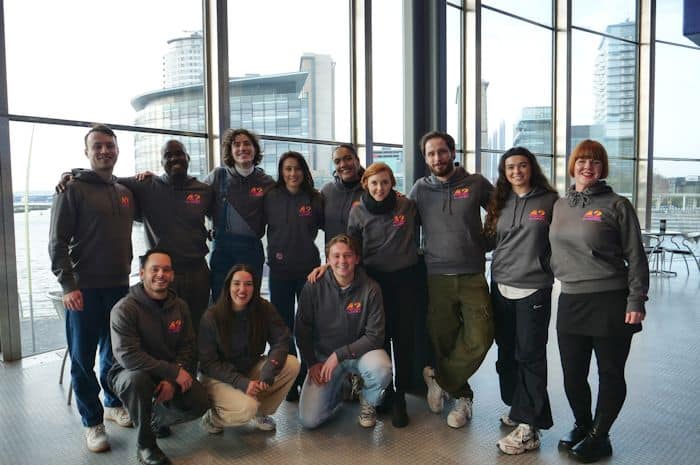
The Olivier Awards winners born in Salford and Manchester
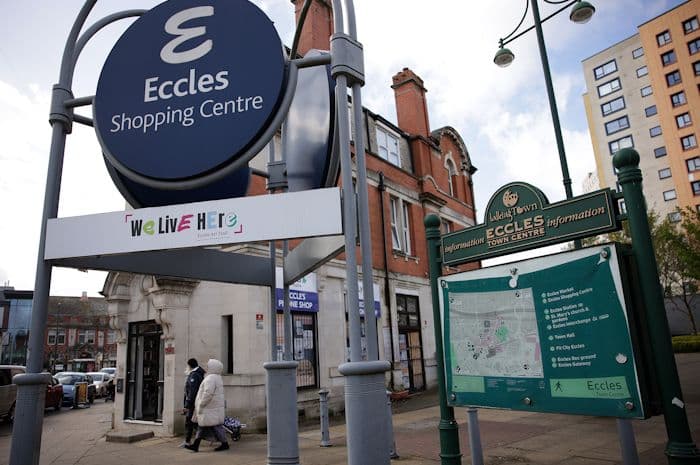
Plans submitted to transform Greater Manchester town into ‘vibrant place to live’
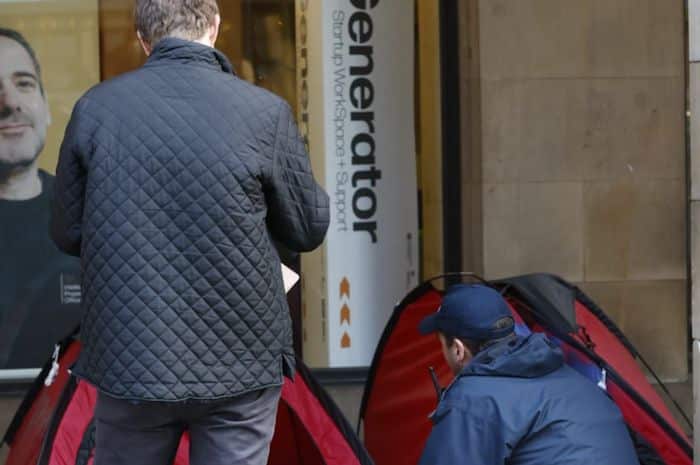
Council officers’ engagement helps camp occupants into temporary accommodation

Worker Bee: Meet Katie Zelem, the captain of Manchester United
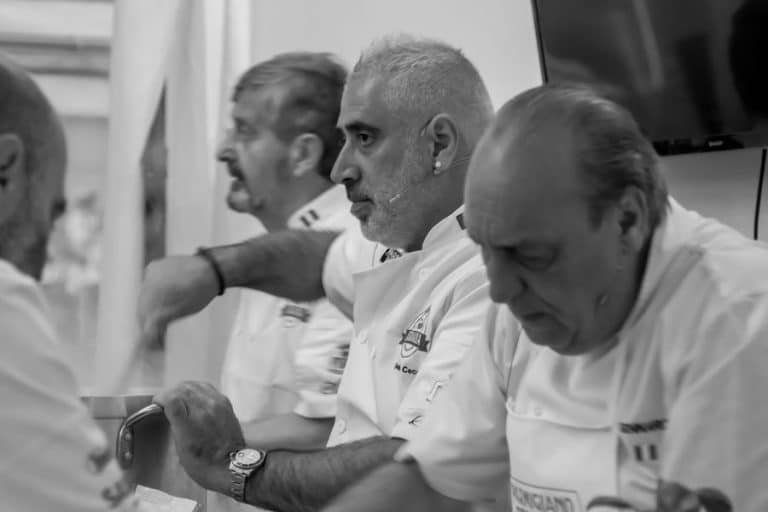
Worker Bee: Meet Maurizio Cecco, the founder of Salvi’s and Festa Italiana






